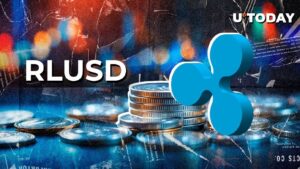In contemporary economies, the central bank is responsible for the formulation and transmission of monetary policy, as well as for the regulation of member banks.
What Is a Central Bank?
A central bank is a financial institution that has privileged control over both the creation and distribution of money and credit for a nation or economic union of nations.
In contemporary economies, the central bank is responsible for the formulation and transmission of monetary policy, as well as for the regulation of member banks.
The central bank is therefore responsible for overseeing and steering a country’s monetary system and policies by, among other things, regulating the money supply and setting interest rates.
Central banks can either ease or tighten a country’s money supply, thereby determining the cost and availability of credit. This control of the national money supply lies in issuing fiat currency and setting interest rates on loans and bonds. Raising or lowering interest rates can be intended to spur or balance growth, industrial activity and customer spending. All these decisions are taken in line with specific goals for the evolution of the national economy.
Central banks also hold a country’s foreign exchange reserves, which can be used to back liabilities or shape monetary policy. In times of financial crisis, a central bank can also be a lender of last resort to any troubled financial institution or the government.
Central banks regulate member banks through measures such as capital and reserve requirements, or required policies, such as deposit guarantees.




